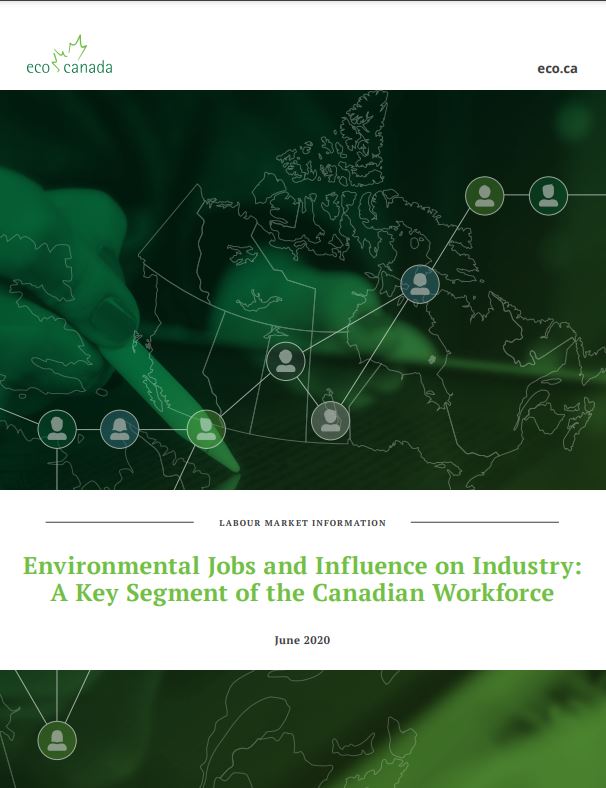Alberta, a province long synonymous with oil and gas, stands at a critical juncture. As global momentum builds for a transition towards a low-emissions economy, the province faces the dual challenge of supporting its energy workforce while simultaneously carving out a sustainable future that ensures long-term employment and prosperous communities. This necessitates addressing immediate job losses and proactively developing strategies for economic diversification and skills retraining, preparing workers for emerging sectors and a changing energy landscape.
Imperial Oil Restructuring and Workforce Reduction
Imperial Oil Ltd., a major player in the Canadian energy sector, recently announced plans to reduce its workforce by 20% by the end of 2027. This restructuring, driven by technological advancements and the growth of global capability centers, aims to consolidate operations and generate annual savings of $150 million. While the company maintains that its overall corporate guidance remains unchanged, this decision underscores the ongoing shifts within the oil and gas industry and the increasing need for adaptation. The company anticipates incurring approximately $330 million in pre-tax restructuring costs during the third quarter of 2025. This move is projected to streamline operations and enhance production efficiency, but it also brings into sharp focus the human cost of industry transformation.
The Evolving Oil and Gas Job Market in Alberta

The reality is stark: Alberta's oil and gas sector has experienced significant job losses in recent years. Prior to the 2014 oil price downturn, the industry directly employed over 171,000 people. By February of this year, that number had fallen to below 135,000. Thousands of skilled workers are actively seeking employment, and the sector faces challenges beyond fluctuating oil prices. The cancellation of projects like the Keystone XL pipeline and industry consolidation, such as Cenovus's acquisition of Husky Energy, which resulted in thousands of layoffs, further exacerbate the situation. Technological advancements, while improving efficiency, also contribute to a reduced need for manpower. These factors combined paint a picture of an industry undergoing fundamental change, demanding innovative solutions for workforce transition.
Shifting Skillsets and Retraining Initiatives

Recognizing the urgent need to support displaced workers, Alberta is exploring various avenues for retraining and skills development. The technology sector is often cited as a potential destination for former oil and gas employees. This transition, however, requires targeted training programs and a willingness among workers to adapt to new roles and potentially different compensation structures. When Calgary Economic Development launched a pilot program to retrain oil and gas workers for the tech sector, the overwhelming response, with 1,400 applications for just 100 spots, highlights the demand for such initiatives. Government investment in skills upgrading is considered critical for enabling workers to successfully navigate this transition.
Diversification Efforts and Emerging Sectors

Beyond retraining, diversifying Alberta's economy is crucial for creating new opportunities. This includes fostering growth in sectors such as technology, agriculture, financial services, and the environmental sector. The province is also exploring opportunities in emerging fields like lithium extraction, hydrogen development, and helium production. Significant wind and solar energy projects, as well as geothermal energy development, hold promise for providing alternative employment pathways. However, experts caution against the simplistic notion that oil and gas workers can seamlessly transition into "green" energy jobs. The emerging sectors require time to mature and prove their economic viability, and workforce transitions demand careful planning and tailored support.
The Promise of the Environmental Sector

The environmental sector is poised for significant growth in Alberta, driven by investments in clean technology, emissions reduction, and renewable energy. Eco Canada, a national human resource organization, projects that Alberta could see over 44,000 net job openings in the environmental sector by 2029. Nationally, they anticipate over 233,500 net job openings. Furthermore, the reclamation of old oil and gas wells, supported by government funding, presents additional employment opportunities. This growth signifies a shift towards a more sustainable economy and the potential for creating long-term, environmentally conscious jobs.
The Oilpatch's Enduring Role and Future Vision
Despite the ongoing transition, the oil and gas sector is expected to remain a vital part of Alberta's economy for the foreseeable future. Hopes remain high for a post-pandemic surge in fuel demand and increased export capacity through pipelines. Furthermore, many oil and gas companies have committed to achieving net-zero emissions by 2050, a goal that will require substantial investments in technologies like carbon capture and storage. The petrochemical sector, with government support for growth, also holds potential for creating jobs for displaced oil and gas workers. These developments suggest that while the industry is evolving, it continues to be a significant source of employment and economic activity.
Navigating the Energy Transition: A Call for Planning and Support
The global movement towards a low-emissions future is undeniable, prompting urgent discussions about the energy transition. Canada's natural resources minister emphasizes the importance of ensuring that traditional energy workers are not left behind. Economists advocate for a planned phase-out of the fossil fuel sector, prioritizing workers and communities through targeted support measures such as early retirement incentives, retraining programs, and regional development strategies. A collaborative effort involving all levels of government is essential for providing the necessary resources and focusing them on communities most affected by the transition.
Adapting to Change: A Personal Perspective
The stories of individuals who have navigated this transition provide valuable insights. One petroleum engineer, laid off after years in the industry, successfully transitioned to the hydrogen sector, showcasing the potential for applying existing skills in new and emerging fields. He emphasizes the importance of marketing soft skills and seeking guidance from outplacement firms. For others, the journey involves acquiring entirely new skillsets and embracing a fresh start in different industries. The key lies in recognizing the changing landscape, proactively seeking opportunities for retraining and diversification, and adapting to the evolving demands of the job market.
Building a Sustainable Future

Alberta's energy transition is a complex undertaking that requires a multifaceted approach. It demands strategic planning, proactive workforce development, diversified economic investments, and a commitment to supporting affected communities. By embracing innovation, fostering collaboration, and prioritizing the well-being of its workforce, Alberta can navigate this transition and build a sustainable, prosperous future for all its citizens. The journey will undoubtedly be challenging, but with careful planning and a dedication to progress, Alberta can emerge as a leader in the low-emissions economy.





No comments:
Post a Comment